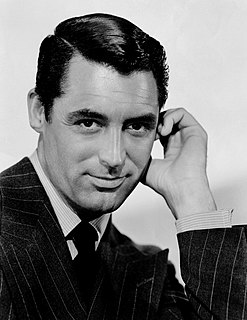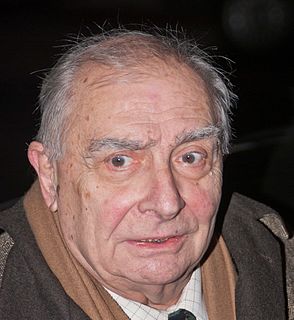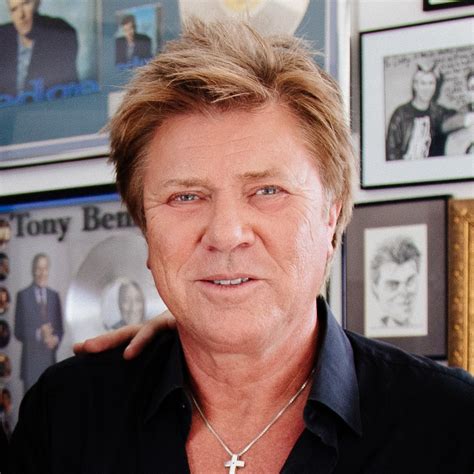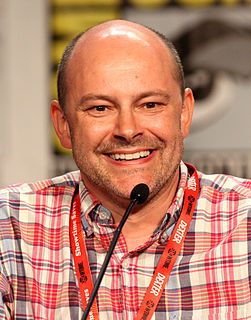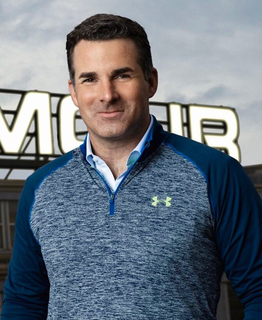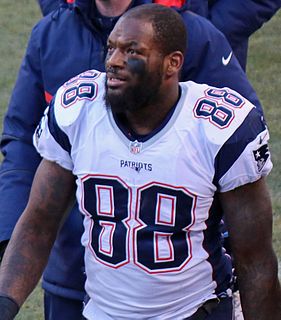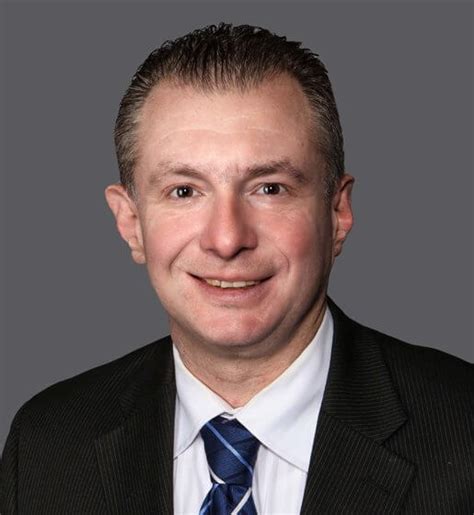A Quote by Cary Grant
We have our factory, which is called a stage. We make a product, we color it, we title it and we ship it out in cans.
Related Quotes
The status quo is a product of our culture or our culture is a product of the status quo - I'm sure which is the effect and which is the product - there is probably a feedback loop there that is mutually reinforcing. But we have a culture that says "Hey, look around. This place called Earth was created for you and you can do anything you want with it."
A single factory, potentially capable of supplying a whole continent with its particular product, cannot afford to wait until the public asks for its product; it must maintain constant touch, through advertising and propaganda, with the vast public in order to assure itself the continuous demand which alone will make its costly plant profitable.
When I choose the title [for my book], which was my favorite title, I felt sure there was going to be a dozen books maybe with that name already because it's so obvious to me that that's the message. I was surprised it hasn't been the title of a single book. Well, there is a Shel Silverstein children's book called Falling Upwards. But no one has chosen Falling Upward as a title and I'm very happy it's right on the cover.
In Lords of Rainbow I start out by taking away color from the world, and in the process show color's vital place in our lives. At least I hope that by the end of the book it's a portion of what the reader comes away with - a sense of how much color perception enriches our lives and how its lack can make our sensory experience incomplete.
And when it is suggested that the inward feelings of power or inward monitions or losses of judgement are the germs out of which the divine machinery developed, I return that truth is just the reverse, that the presence of voices which had to be obeyed were the absolute prerequisite to the conscious stage of mind in which it is the self that is responsible and can debate within itself, can order and direct, and that the creation of such a self is the product of culture. In a sense, we have become our own gods.
There's a lot of guys who use their likeness - to do movies, and do other business stuff, but not too many guys are actually making product. I'm making product, it's a different thing. A lot of guys are holding up Coke cans and get paid a lot of money to do that, but no one's making a Coke can. I'm the guy that's trying to make the Coke can.
We would just go out and line up a bunch of cans and shoot with rifles, handguns and at times, submachine guns... When I was a kid it was a controlled atmosphere, we weren't shooting at humans... we were shooting at cans and bottles mostly. I will most certainly take my kids out for target practice.
We haven't developed what some have called the precautionary principle which will say look, if there's a reason, if a product is safe, that's fine, but it's really the responsibility of an industry to tell us it's safe and to make sure it's safe. It's not our responsibility to wait until the damage is done.
